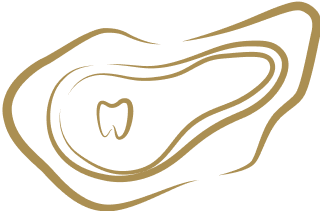The temporomandibular joint (TMJ) is the hinge joint that connects the lower jaw (mandible) to the skull. It allows the mandible to move up and down and side to side, so that we can talk, chew, and yawn. Problems with the TMJ can cause pain in the jaw and face and can make it hard to open and close your mouth.
Why Choose Old Moreland Dental For TMJ And TMD?
At Old Moreland Dental we have a team of experienced dentists who are experts in the field of TMJ disorders. We believe in providing quality dental care and outstanding customer service every single day. Our core values include a dedication to exceeding our patient’s expectations and a commitment to providing the best possible care. We understand that many people have had negative experiences with dentists in the past, and we strive to make every visit to our office a smooth and comfortable one. You can be confident that you are in good hands when you trust us with your dental care needs.





